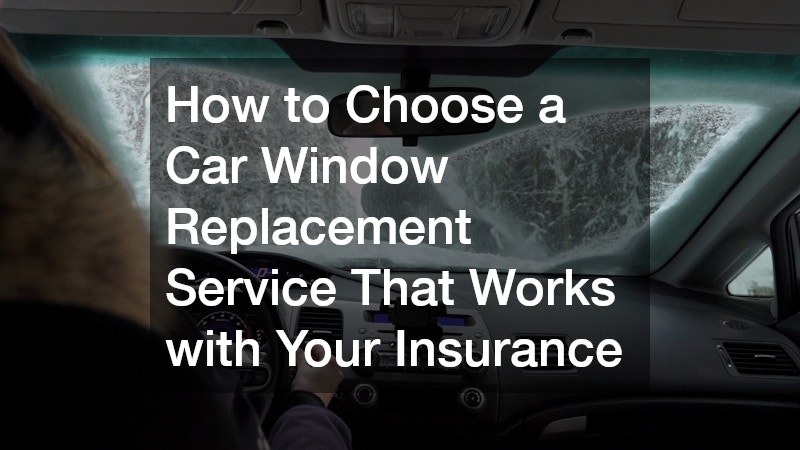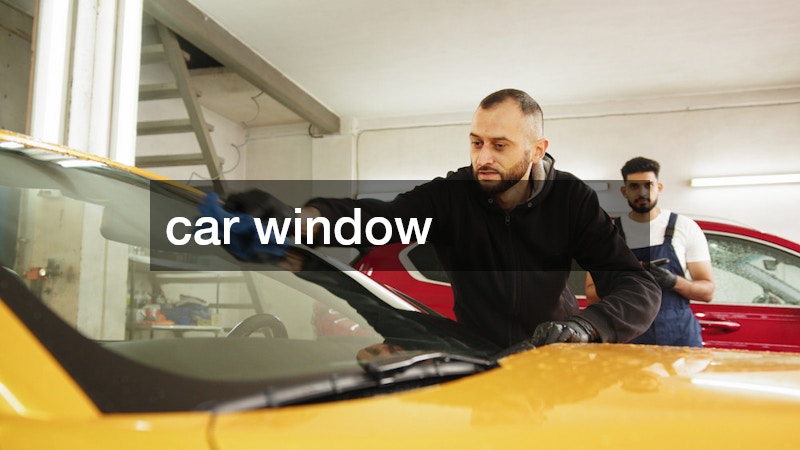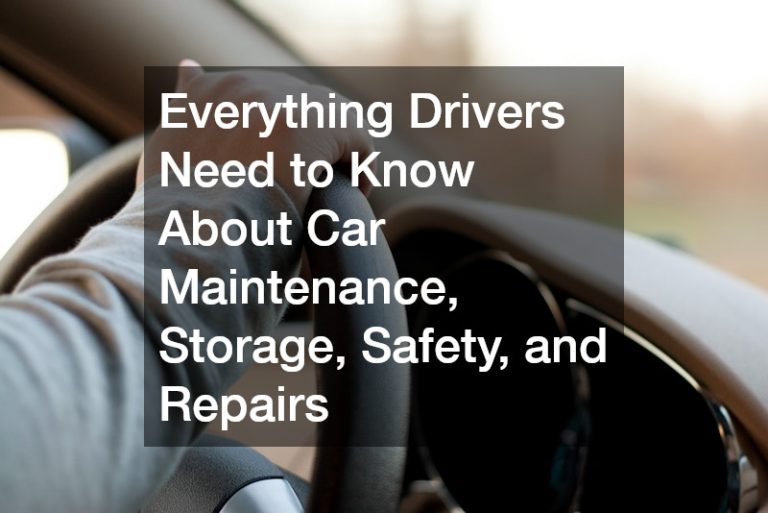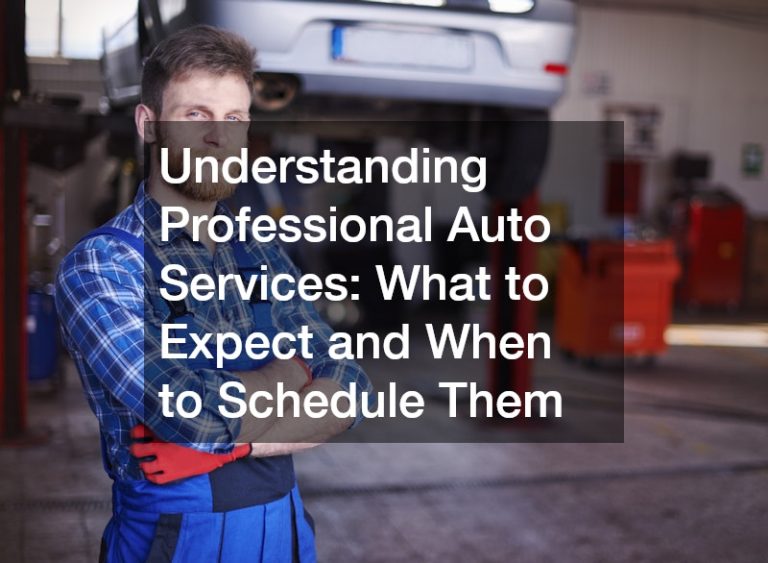

- Choose a car window replacement business that works directly with your insurance to save time and money.
- Always review your auto insurance policy to confirm glass coverage and deductible terms.
- Look for certified technicians and shops approved by your insurance provider.
- Verify if the shop offers direct billing and handles the claims process on your behalf.
- Ask about OEM vs. aftermarket glass options and whether your policy covers them.
- Avoid paying upfront unless your insurance explicitly requires it.
- Prioritize shops that offer a warranty on both materials and workmanship.

Car window damage can happen in an instant — whether it’s from a flying rock on the highway, an attempted break-in, or a severe hailstorm. In these stressful moments, the last thing any driver wants is to navigate a confusing repair process or worry about paying out of pocket when they have auto insurance. That’s why choosing a car window replacement business that accepts insurance is a smart move. Not only can it save you money, but it also makes the entire repair process faster and more convenient.
In this comprehensive guide, we’ll break down everything you need to know about choosing the right auto glass replacement company that works with your insurer. We’ll cover the insurance basics, what to look for in a service provider, and common pitfalls to avoid.
Why Insurance-Friendly Auto Glass Shops Matter
Before diving into the selection process, it’s important to understand why choosing a car window replacement service that works with insurance companies is so valuable.
Benefits of Choosing a Shop That Accepts Insurance:
- Lower out-of-pocket costs: Depending on your deductible, some insurers may fully cover the replacement cost.
- Direct billing: The shop bills your insurance provider directly, sparing you from having to front the money.
- Hassle-free claims: Experienced shops understand insurer requirements and can handle all claim paperwork for you.
- Faster repairs: Streamlined insurance processing often means quicker service turnarounds.
- Policy compliance: Insurance-approved shops are more likely to follow OEM (Original Equipment Manufacturer) installation standards.
Ultimately, choosing a car window replacement provider that accepts insurance gives you peace of mind and minimizes delays when your vehicle is compromised.
Step 1: Know What Your Insurance Actually Covers
Before contacting any repair shop, it’s crucial to review your auto insurance policy to understand what types of glass damage are covered and under what conditions.
Types of Insurance That Cover Auto Glass:
- Comprehensive Coverage: This is the most common policy that covers non-collision damage such as theft, vandalism, weather events, or falling objects. It typically includes car window and windshield repairs.
- Collision Coverage: If your car window was damaged during an accident, this coverage might apply.
- Glass-Specific Add-ons: Some policies offer separate glass coverage with lower or no deductibles.
- Liability Insurance: This generally does not cover your own vehicle’s glass damage unless another driver is found at fault.
Key Questions to Ask Your Insurer:
- Is glass damage covered under my current plan?
- Is there a deductible I need to meet before coverage kicks in?
- Does my policy allow for OEM glass or only aftermarket?
- Do I need to use a specific network of providers?
Understanding these factors ahead of time will help you choose a window replacement shop that works with your auto insurance policy requirements.
Step 2: Look for These Features in a Car Window Replacement Business That Accepts Insurance
Not all auto glass companies are equal. To ensure a smooth and insured repair experience, make sure the service provider you choose checks off the following boxes:
Direct Insurance Billing
The best auto glass shops work directly with major insurance companies. This means:
- They can initiate and submit your insurance claim.
- You won’t have to pay out of pocket and seek reimbursement.
- They already know your insurer’s claim protocols.
Approved by Insurance Networks
Top insurers maintain a list of preferred or “in-network” vendors. These vendors are pre-approved based on quality and compliance with repair standards.
Tip: Ask the shop if they are part of your insurer’s partner program.
Certified Technicians
Reputable businesses will employ AGSC-certified (Auto Glass Safety Council) technicians or those trained by OEMs. This ensures:
- Proper installation aligned with manufacturer specs.
- Compliance with safety and insurance guidelines.
- Valid warranty coverage on workmanship.
OEM and Aftermarket Glass Options
Insurance policies vary — some cover OEM glass while others only approve aftermarket. A professional shop should:
- Offer both options.
- Be honest about what your insurance will cover.
- Explain the pros and cons of each based on your vehicle.
Lifetime Warranty
Look for shops that provide a lifetime warranty on installation and materials. Warranties should cover:
- Air or water leaks
- Cracks due to poor installation
- Delamination or distortion
Mobile Service (If Covered)
Some shops offer mobile glass replacement, meaning they come to you. While convenient, not all insurance policies cover this, so confirm coverage before booking.
Step 3: How to Verify a Glass Shop Works with Your Insurance

Once you’ve found a local car window replacement company, take these steps to verify they’re insurance-friendly:
Do Your Research
- Visit your insurance company’s website and search for recommended shops.
- Check the shop’s website for insurer logos or mentions of “we accept all major insurance.”
- Read reviews to confirm others have successfully filed claims through the shop.
Ask the Right Questions
When calling the shop, be direct:
- “Do you accept my insurance provider?”
- “Can you file the claim on my behalf?”
- “Is direct billing available?”
- “Are you in my insurer’s preferred network?”
- “Do I have to pay a deductible, or will it be waived?”
Get Documentation
Ask for a written estimate and confirmation that they’ll work with your insurance. Some shops may even verify your coverage before you bring in your vehicle.
Step 4: How to File a Car Window Insurance Claim Efficiently
Many car window replacement businesses that work with insurance will handle the claims process for you, but it helps to know what’s involved.
Steps to File a Claim:
- Document the Damage
Take clear photos of the cracked or broken window from multiple angles. - Call Your Insurance Provider
Report the damage and ask for a claim number. Some companies allow online claims. - Choose a Qualified Auto Glass Shop
Select a shop that’s approved by your insurer and set up an appointment. - Provide Insurance Details
Give the shop your policy number and claim ID (if applicable). - Repair and Final Billing
The shop completes the repair and bills your insurance directly.
Tip:
If your policy has a deductible, clarify whether you’ll need to pay it at the shop or if it will be waived for glass claims (as is the case in some states like Florida or Kentucky).
Step 5: Watch Out for These Common Pitfalls
Even with insurance on your side, there are a few traps to avoid when searching for a car window replacement provider that accepts insurance:
Red Flags:
- Shops that ask you to pay upfront and promise reimbursement later — this can be risky.
- No certifications or accreditations — your insurance might not honor repairs done by uncertified installers.
- Pushy upsells for unnecessary services that your insurance doesn’t cover.
- “Cash discount” offers that bypass the insurer — these could void your coverage.
Always verify credentials, double-check your policy, and don’t be afraid to ask questions.
Step 6: Comparing Costs With and Without Insurance
While comprehensive insurance will usually cover most or all of the repair cost, it’s helpful to understand the potential price differences.
With Insurance:
- Cost: Typically only your deductible (if any)
- Example: If the full replacement is $400 and your deductible is $100, you pay $100, insurance pays $300.
Without Insurance:
- You pay full price upfront.
- Prices range from:
- $200–$500 for side windows
- $300–$1,000 for rear windows or panoramic roofs
- $100–$400 for windshield replacement (may vary with sensors or tech features)
Cost-Saving Tip:
Even if your insurance deductible is higher than the replacement cost, shops may offer discounted pricing for non-insured customers — ask for both insured and out-of-pocket quotes.
Conclusion: Choose Smart, Drive Safe
Choosing a car window replacement business that accepts insurance is more than just a convenience — it’s a smart financial and safety decision. The right shop can help you:
- Save hundreds in repair costs
- Avoid complicated insurance paperwork
- Get back on the road faster with peace of mind
Take the time to verify and understand your insurance coverage, ask the right questions, and choose a shop with a proven track record of working with your insurer. Whether your car window was smashed in a storm or cracked on the highway, handling it quickly — with the right help — can make all the difference.
Bonus: Sample Questions to Ask Before You Book
Here’s a quick checklist of questions you can use when evaluating shops:
- Do you accept direct billing from [my insurance provider]?
- Can you verify my coverage before I book?
- Will I need to pay a deductible? If so, how much?
- Do you offer OEM and aftermarket glass?
- Are your installers certified?
- Is mobile service included or extra?
- What kind of warranty do you offer?
By asking these questions and doing a little upfront research, you’ll be in the best position to find a reliable, insurance-compatible car window replacement service that puts your safety — and your wallet — first.





